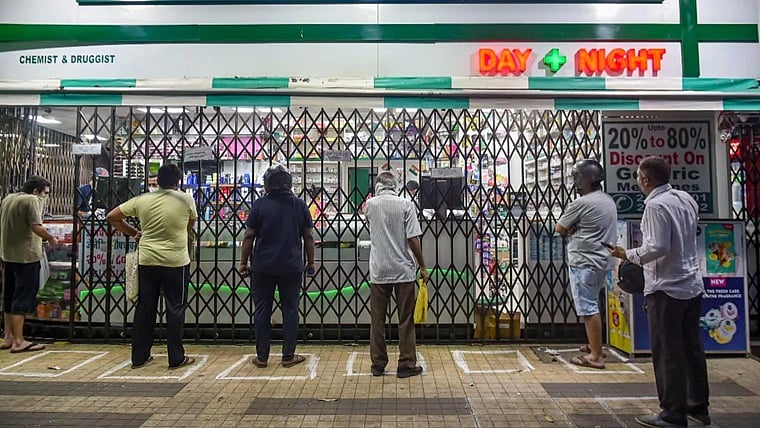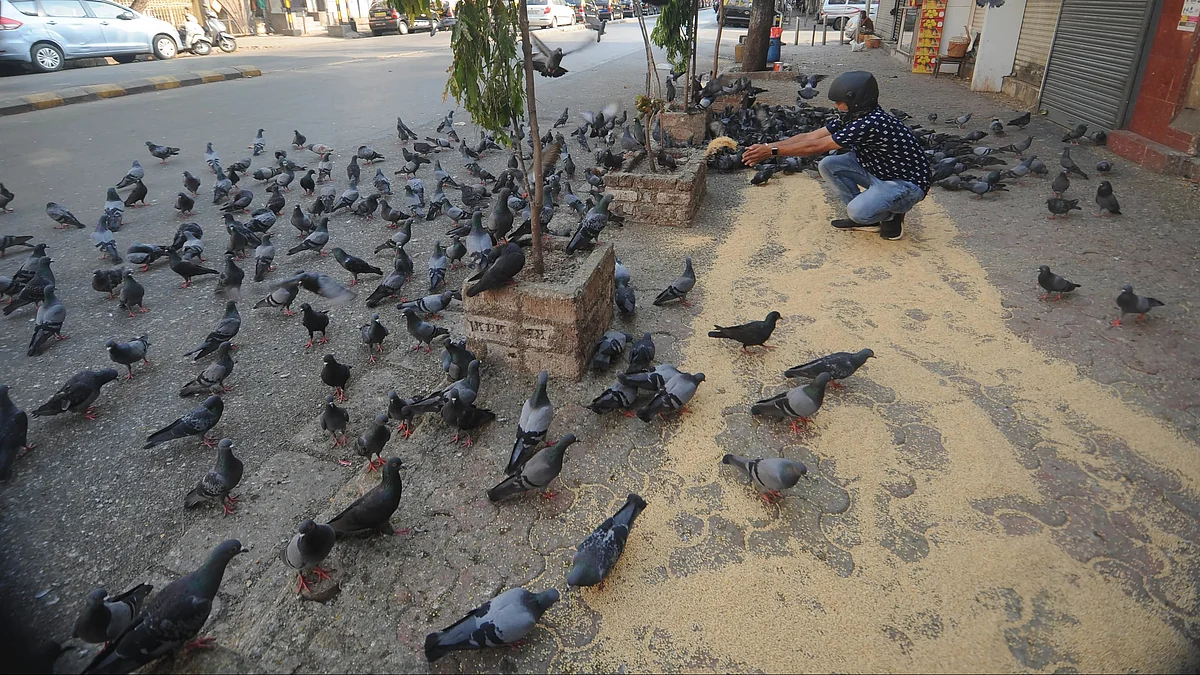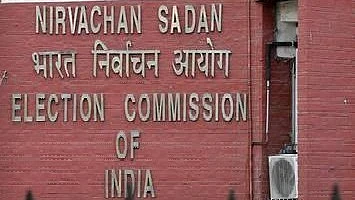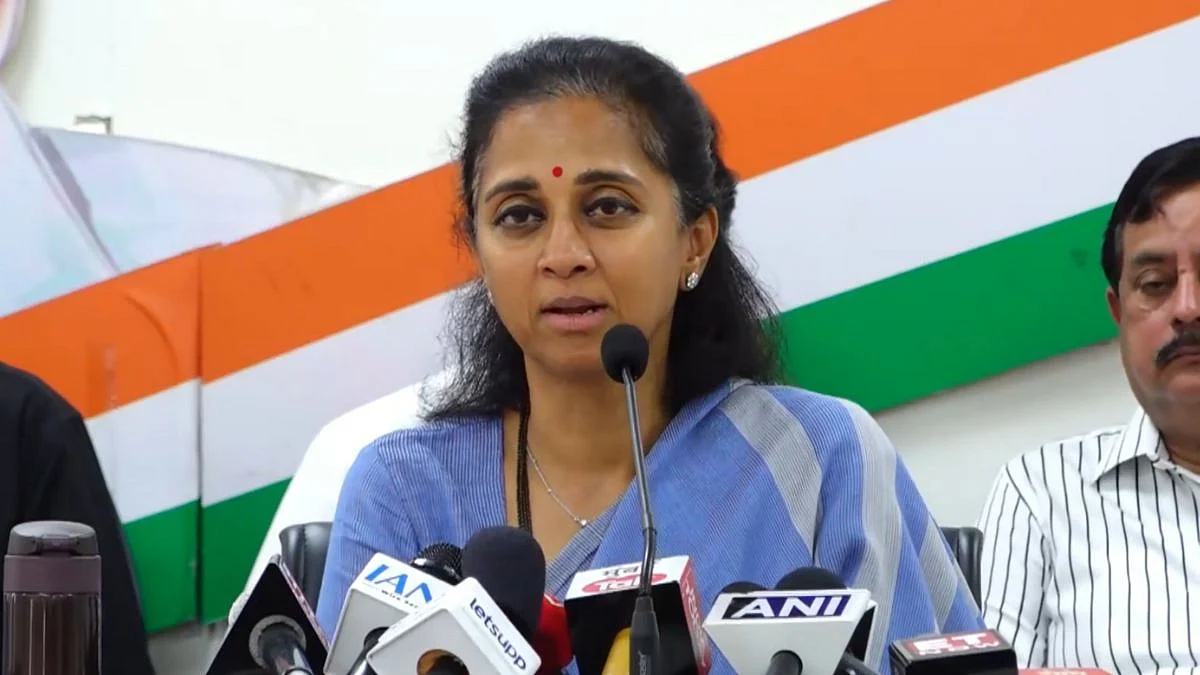Mumbai – Medical and pharmacy store owners across Mumbai and its suburbs have raised objections to a recent directive by the Mumbai Police mandating the installation of CCTV cameras at entry points, exits, and sales counters within a month.
The order, aimed at curbing the illegal sale of scheduled drugs, has drawn criticism from chemists who argue that the measure is unlikely to be effective and will instead impose an additional financial burden on small businesses.
Police Order Targets Illegal Drug Sales
According to the Mumbai Police, the intent behind the directive is to fix accountability, as many scheduled drugs are reportedly sold without prescriptions. Officials believe that installing CCTV cameras will serve as a deterrent against illegal sales and provide crucial evidence for further investigation. Areas such as Govandi, Dharavi, and Mahim are particularly known for high drug consumption, especially of inhalants, police said.
The directive, issued by DCP Navanath Dhavale of the Anti-Narcotics Cell (ANC), gives shop owners a one-month window to comply. Failure to do so could invite legal action under Section 152 of the Bharatiya Nagarik Suraksha Sanhita, 2023.
Chemists Cry Foul Over Cost and Feasibility
“There are 7,000 chemist shops in Mumbai alone and around 25,000 across the Mumbai Metropolitan Region (MMR),” said representatives of both the Retail and Dispensing Chemist Association (RDCA) and the All Food and Drug License Holders’ Foundation (AFDLHF). “We will protest against the decision if it is implemented forcefully.”
Prasad Danave, president of RDCA, questioned the utility of the move. “How can you identify who is misusing drugs just by installing CCTV cameras especially when so many people now purchase medicines online?” he said.
“This is a half-hearted measure, and I doubt CCTV cameras alone will serve the intended purpose. If any regulation is to be introduced, it should be enforced uniformly across the state—not by selectively targeting chemist shops,” he added.
Danave pointed out the practical challenges in enforcement. “If a person regularly buys blood pressure medication and initially presents a valid prescription, they may not bring it every time. If the chemist knows the patient, the medicine may still be dispensed. In such cases, how can a CCTV camera determine whether the sale was made against a valid prescription?” he argued.
He also mentioned that, as of Saturday evening, he had not received any official circular from the authorities regarding the directive.
Most Scheduled Drugs Only Sold by Licensed Chemists
Danave further stated that most of the scheduled drugs the police are concerned about are sold only by chemists with a Narcotic Drugs and Psychotropic Substances (NDPS) license. “There are barely 15 to 20 such licensed shops in the city, and they already maintain detailed sales records of every tablet dispensed,” he said.
Abhay Pandey, president of AFDLHF, added that a 2020 Supreme Court judgment restricts police officers from registering FIRs, making arrests, or investigating cognizable offences under Chapter IV of the Drugs and Cosmetics Act, 1940.
Real Solution Lies in Regular Inspections
He explained that, as per the existing guidelines, joint action by the police and Food and Drug Administration (FDA) is required to curb the illegal sale of drugs. “When it comes to offences at chemist shops, the most common is the absence of a licensed pharmacist. This issue can be controlled through regular inspections,” Pandey said.

He also raised concerns about the limitations of CCTV systems. “At best, CCTV footage can be stored for two to three months, depending on the system’s capacity. In most cases, shops don’t keep footage for more than a month. Moreover, how can one verify which medicine was sold by watching CCTV footage, especially when the text on medicine strips is so small?” he asked.
While acknowledging the intent behind the move, Pandey remained skeptical about its effectiveness. “The initiative may be well-meaning, but it’s unlikely to have a significant impact. The core issue remains the presence of a qualified pharmacist, and that can only be ensured through routine inspections and checking of CCTV footage where required,” he concluded.









